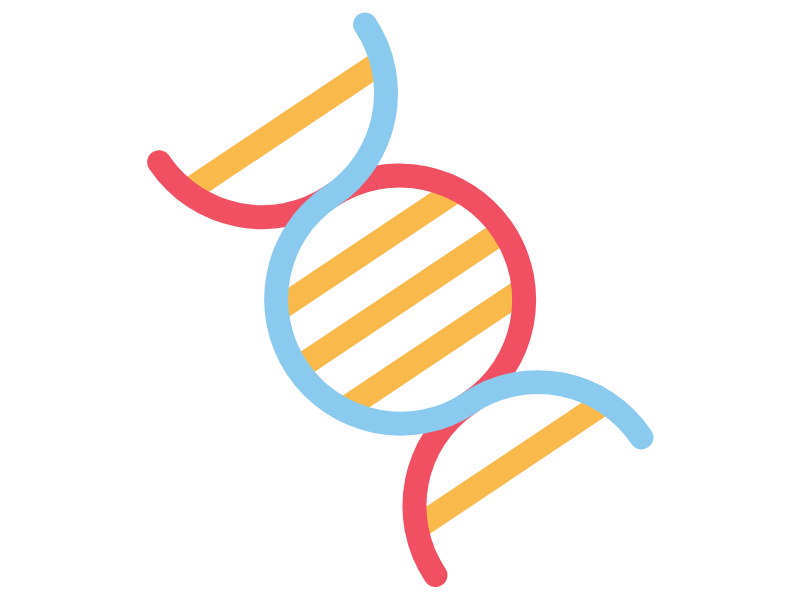How does your DNA determine who you become?
A short introduction to behavioral genetics
I’ve been thinking a lot lately about the control we have over who we become. I’ve recently made a more concerted effort to reflect on my own character, how it has changed over time, and how it interacts with other people. A big part of that process is reflecting on everything that has happened to me over the last few years and how that has changed who I am today. But being a biologist, I couldn’t help but also consider my own DNA.
I remember a few months ago listening causally to a podcast that made the provocative claim that the quality of one’s schooling and parenting has little to do with how intelligent a person becomes, and that it is actually a person’s DNA that largely determines one’s intelligence in adulthood.
You can imagine the implications of such a claim in parenting. Naturally, parents are greatly concerned with the quality of their child’s school and their own parenting decisions. I’m not a parent myself (yet) but I’ve heard parents talk about their frustration as they lose the ability to influence their child as they grow up.
But what if parents could give themselves some slack? What if what makes a person’s character is completely out of the parents’ control?
I’ve started reading Blueprint: How DNA makes us who we are by prominent behavioral geneticist Robert Plomin. Below are the results of a study he did in which he asked 5,000 UK adults: how much are these traits influenced by genetics?
In this table, what stands out to you?
First, it is clear that in every trait, genetics plays a larger role than most people think. Secondly, there are a few surprising results. For instance, take breast cancer. A lot of people associate breast cancer with genetics because it can run in families and a lot of new technologies like 23andMe like to report on breast cancer genes like BRCA1. However, you can see that although people believed that breast cancer is explained mostly by genetics (53%), only 10% of what contributes to breast cancer in humans is genetic.
Many of the last few traits are associated with intelligence (verbal ability, etc.) and they all show a greater than 50% contribution by genetics. Now, that still leaves a considerable contribution from what is presumed “environmental” factors. However, Plomin explains that new genetic research is showing that the “environmental” contributions to one’s psychological development are not what you typically think of: parenting, schools, friends, etc. Instead, they are random, non-systematic life events like a death of a parent, divorce, job-loss, etc.
Moreover, these “environmental” contributions could have genetic origins. One common way to study the impact of genetics on humans is through “twin studies” which compare identical twins (with the exact same DNA sequence) that were separated at birth (and thus have been raised in different “environments”) to fraternal twins (who don’t share a DNA sequence) to estimate the role of genetics in development. Some studies have shown that certain life events are surprisingly correlated between identical twins. As just one example, a study in Sweden showed that identical twins were twice as likely to each experience divorce when compared to fraternal twins.
Now, if you are like me, you still have many questions about these claims. It is hard for me to accept a minority role of the environment when it comes to psychological development and even harder to imagine how environmental influences could have genetic underpinnings. I think about friend groups being formative, for example. Yet Plomin makes the claim that people tend to sort into friend groups with similar genetic backgrounds (in terms of personality, temperament, intelligence, etc.) and so the “environmental” influence of friend groups is actually just genetics in disguise.
I’ll be digging into these claims over the next couple of weeks but for now I want to hear from you: what parts of your character can you believe that you’ve inherited in your DNA? What “environmental” influences on your character could you believe are actually genetic influences? What questions do you still have? Let me know in the comments!
Thanks for reading.
⚡️P.S. If you're new here and want to read more of the Synapse Newsletter twice a month, subscribe below!⚡️




Excellent one Clayton!